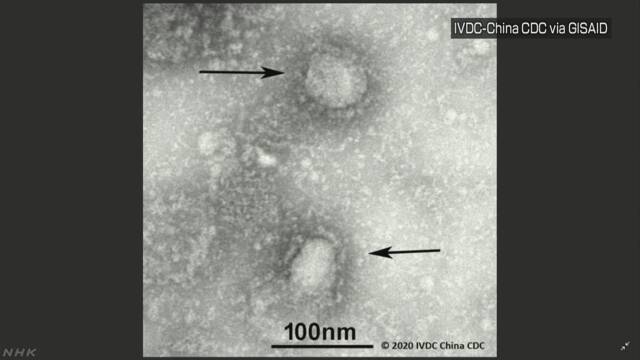Korea Supports SMEs and Hospitalized Patients who Have Closed New Virus March 3 4:58
In South Korea, the spread of new coronavirus infections has reduced business with China and suspended operations, with operations affected by small and medium-sized enterprises expanding.South Korea's economic organizations targeted 300 SMEs late last month. In a questionnaire survey, 70.3% answered that they were directly or indirectly affected. For this reason, the Korean government has taken various measures, such as supporting small and medium-sized businesses that have been closed and those who have been hospitalized due to infection.
The Ministry of Employment and Labor of Korea has stated that it will provide "employment maintenance subsidies" to companies that have been shut down for more than a month due to the effects of the new coronavirus, up to three-quarters of labor costs, until last month. About 1600 companies applied in about one month.
The Ministry of Health and Welfare also states that if an employee is forced to take a paid leave because of quarantine or hospitalization, he or she will pay the company up to approximately 12,000 yen per person per day in order to be paid for the salary. I am.
For families who have taken a leave of absence due to hospitalization, etc. without taking paid leave, a four-family member will be paid about 110,000 yen per month for "family of four."
However, the spread of infection continues to be unstoppable, and many companies in the questionnaire survey of small and medium-sized enterprises have answered that there is no countermeasure.
New law imposes penalties to prevent spread of infection
The Korean Parliament passed three laws on the 26th of the month, including penalties, to prevent the spread of the new coronavirus.
These laws, known as the "Corona 3 Act," can result in a fine of up to approximately ¥ 270,000 in Japanese yen if a suspected infection refuses to test.
Suspected individuals who fail to comply with isolation and hospital treatment procedures may be punished with imprisonment for up to one year or fines of up to approximately ¥ 900,000 in Japanese yen.
In addition, in the event of a shortage of medicines due to the spread of infectious diseases, it is now possible to prohibit the export of medicines such as masks and disinfectants and the removal of such medicines overseas.
In addition, the "Corona 3 Act" includes not only penalties but also various measures such as establishing a monitoring system at medical institutions and increasing the number of quarantine officers and epidemiological investigators.

